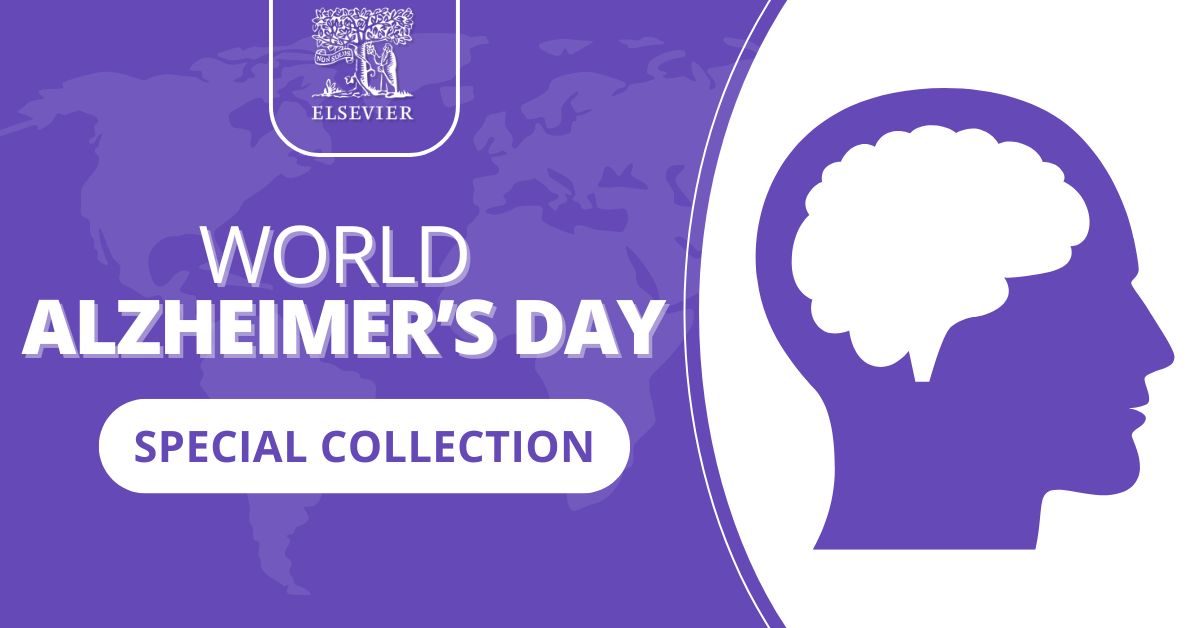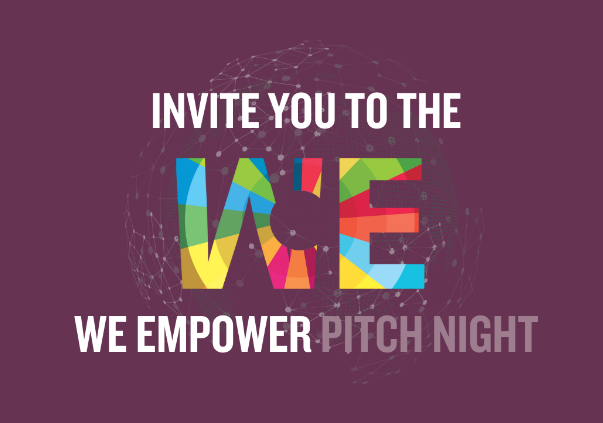September 21 is World Alzheimer's Day. To mark the event, Elsevier has curated a free to access, special collection of 50+ pieces of the latest research to advance knowledge and understanding of Alzheimer's and other forms of dementia. #KnowDementia #KnowAlzheimers
This chapter aligns with SDG Goals 7 and 13 by exploring how project finance is a major way in which renewable energy projects are financed.
Manoj Sharma, Ram Lakhan, Chapter 8 - Women’s health, Effective Approaches to Global Health Issues, Academic Press, 2025, Pages 171-190, ISBN: 9780443290985
This content aligns with Goal 3: Good Health and Goal 5: Gender Equity through its focus on women's health, an area of special concern and importance globally.
On Wednesday 25th September 2024, the five 2024 WE Empower awardees will take part in the WE Empower SDG Challenge Pitch Night. Hosted by fashion designer, author and philanthropist, Diane Von Furstenberg, at her NYC studio, Pitch Night is a unique opportunity for five WE Empower awardees to share their innovative stories and solutions on a global stage and this year, RELX’s Chief Sustainability Officer and Global Head of ESG, Márcia Balisciano will be joining the esteemed panel of judges.
2026’s International Day of Rural Women: A Global Call to Support Women in Rural Areas
Celebrated every year on October 15, International Day of Rural Women is a global event that recognizes the vital role of women in rural areas and brings awareness to the unique challenges they face. From farmers and entrepreneurs to community leaders, rural women play an essential part in sustaining communities and advancing economic development. This day highlights their contributions while advocating for greater equality and support.
This chapter aligns with several SDG goals. Goal 3: Good Health and Well-Being: the chapter discusses the poor health status and health disparities faced by Indigenous populations globally (higher rates of infant mortality, maternal mortality, malnutrition etc.) and advocates for targeted policy responses and improved access to healthcare services. Goal 10: the chapter discusses the social, economic, and political marginalization of Indigenous peoples worldwide, describing how Indigenous communities are often denied self-determination, face ongoing loss of land and resources, and experience systemic discrimination. Goal 15: Life on Land: the chapter discusses the close relationship between the health of Indigenous peoples and the health of their traditional lands and ecosystems. It highlights the importance of biodiversity conservation and the need to recognize the rights of Indigenous communities to their ancestral territories and natural resources.



